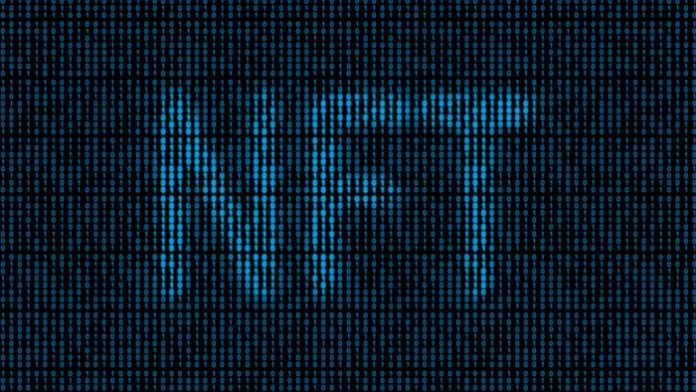
If a luxury item is purchased but there’s no one around to envy it, did it really make a sound?
For the rapidly growing class of NFT aficionados, the answer would be “no.” Enter the NFT, or non-fungible token, which fixes that problem by etching a permanent, blockchain-protected reminder that a luxury item was indeed purchased, and that everyone else may proceed with their envy.
The past few months have seen countless stories of NFTs being sold for serious cash. These NFTs cover digital avatars, in-game weapons, sports jerseys, movie clips, and other proofs of experience. Indeed, one could argue that all NFTs are essentially proofs of experience. And while expensive NFTs get all the headlines, several firms are partnering with established brands to onboard people of ordinary means into a new NFT mainstream.
For NFT creators, the cost of entry is just digitizing and marketing the product. No bricks, no lumber, no city permits required. The returns can be exorbitant. One 24-square pixel CryptoPunk sold for just over USD $11.7 million earlier this year. That’s over $20K per single-colored pixel, if you can wrap your mind around it.
Just this week, TungstenDAO announced a USD $250K purchase of an NFT that proves ownership of a one-ton tungsten cube fabricated and stored by a metal company in the American state of Illinois. The cube will remain in the custody of Midwest Tungsten Service Inc, and the NFT will grant the owner privilege of one annual visit to see and touch it. And lest you think the physical cube is the commodity rather than the NFT, the “owner” only gets to bring the cube home on condition of the NFT’s destruction.
How did we get here, and is it a sustainable place? The rise of social media birthed, nurtured, and commoditized both flex culture and meme culture. An NFT, in many ways, fits neatly at their intersection. Dropping half a million on a blocky doodle? It’s a great way to let people know that you possess disposable assets and a sense of humor. And if it gets resold for 10x? That’ll demonstrate your fiscal shrewdness too.
We’d argue that flex and meme cultures have taken many turns towards the absurd and unhealthy, but like it or not, recent NFT developments point to just how digitized, or “meta,” our lives are becoming. Simulacra is overlapping with reality, and it’s all brought to you by blockchain.


![[JULY]New President, New Terms For Crypto Sector](https://coinhubkorea.com/wp-content/uploads/2025/07/ChatGPT-Image-2025년-6월-30일-오후-05_28_13-324x235.png)



